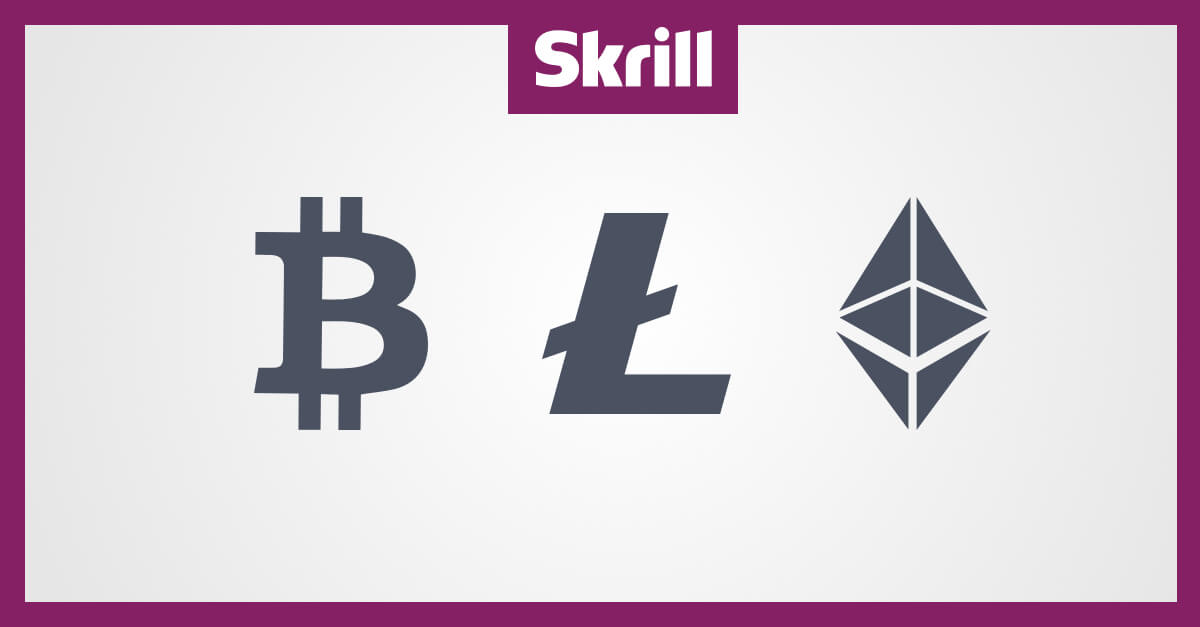
Skrill, a leading digital wallet and online payment provider part of the Paysafe Group, has launched a new cryptocurrency offering, now letting users from more than 30 countries instantly buy and sell cryptocurrencies, including Bitcoin, BCH, Ether and Litecoin, using any one of the 40+ national currencies available in the Skrill wallet, the company said on Wednesday.
The Skrill Cryptocurrency Service is provided via a partner cryptocurrency exchange which facilitates the buying and selling of cryptocurrencies and in some cases, holds the cryptocurrencies as custodian, according to the service’s terms and conditions.
Skrill plans to roll out the new offering to additional markets and extend the service to its mobile app and Paysafe’s Neteller digital wallet in the next few months.
“The world of cryptocurrency trading is exciting and dynamic, and our digital wallet service very much lends itself to this environment,” said Lorenzo Pellegrino, CEO of Skrill, Neteller and Income Access.
“I’m confident that the ability to trade in cryptocurrencies quickly and easily through Skrill will appeal to consumers both now and in the future.
“We know many people want to experiment with cryptocurrency trading but don’t know where to start and we’ve made the entire process very straightforward.”
Skrill, formerly Moneybookers, is an online payment and money transfer services provider. Skill accounts can be held in any of major currencies, and customers can purchase a Skrill-branded prepaid card linked to the account in one of the four currencies: USD, EUR, PLN and GBP. The card runs on the MasterCard payment network.
The launch of the Skrill Cryptocurrency Service comes at a time when an increasing number of traditional financial services providers are looking to tap into the cryptocurrency frenzy. In June, payment firm Square was granted a license to offer New York state residents the ability to buy and sell bitcoin through its Cash App. The San Francisco-based company first enabled bitcoin purchases on its app in other states in January 2018.
Meanwhile, Stripe, another leading online payments startup, ended its support of bitcoin in April 2018 after becoming four years earlier the first major payments company to support bitcoin payments. Stripe cited the cryptocurrency’s volatility and long transaction times, among the key factors that led it to turn its back on bitcoin.

